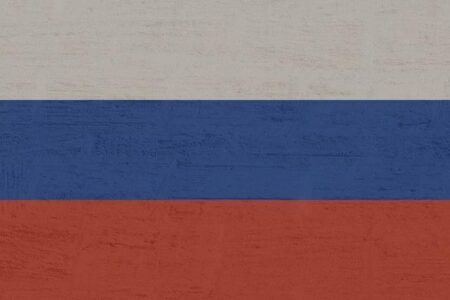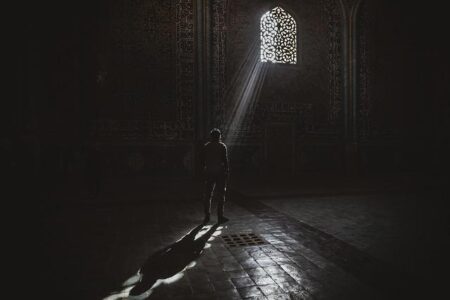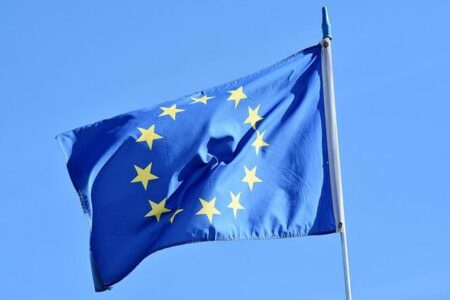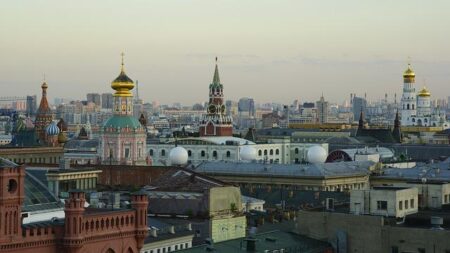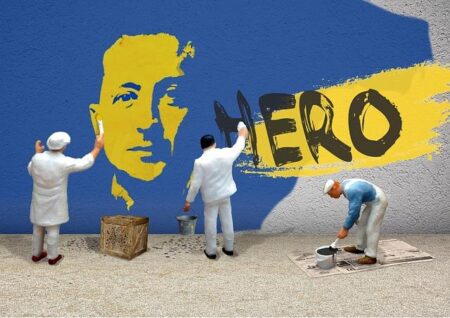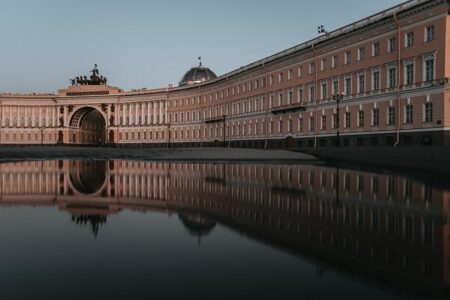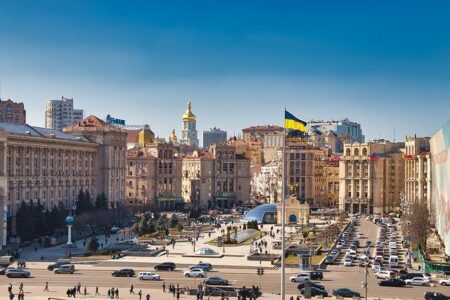Russia has intensified its assault on Kyiv, just as the eagerly awaited meeting between former President Trump and President Zelensky approaches, sending tensions in the region soaring, The New York Times reports
Browsing: Russia
Ukraine has strongly denied Russia’s claim that a recent drone attack targeted one of President Vladimir Putin’s residences, calling the accusation entirely baseless. The Kremlin quickly blamed Kyiv, accusing it of orchestrating the strike
Estonia’s Foreign Minister declared that Russia remains uninterested in peace, urging the world to ramp up pressure. This call seeks to strengthen global backing for Ukraine as the conflict continues, reports Ukrinform
Russia has triumphantly launched three Iranian satellites into orbit, signaling a daring leap in Tehran’s space ambitions. This achievement highlights the growing alliance between Moscow and Tehran as they face escalating geopolitical challenges side by side
Russia launched a devastating attack on Kyiv, tragically claiming at least one life, just one day before Presidents Volodymyr Zelenskyy and Donald Trump are set to meet in Florida. This bold strike sharply escalates tensions ahead of their highly anticipated discussion, ABC7 Los Angeles reports
Russia’s foreign minister lashes out at the EU, calling it the “main obstacle to peace” in Ukraine and accusing Brussels of prolonging the conflict and stalling diplomatic efforts, Politico reports
US Lukoil gas station owners are facing growing uncertainty as Russia sanctions tighten. These new restrictions are turning daily operations into a constant challenge, leaving franchisees stuck in a tough and unpredictable spot. With regulatory pressures mounting, the future of these stations remains uncertain and at risk
Day 1,402 of the Russia-Ukraine war erupts with fierce clashes and fresh diplomatic pushes. Intense battles blaze across the frontlines, ceasefire talks gather steam, and humanitarian crises deepen-all amid rising tensions that show no sign of easing
Former President Donald Trump has cast a shadow over Ukrainian President Volodymyr Zelensky’s optimistic vision for a peace plan, urging caution as the conflict rages on, The Hill reports. These developments highlight the challenging path that lies ahead
Ukrainian President Volodymyr Zelensky is gearing up to meet former U.S. President Donald Trump this Sunday for a groundbreaking discussion on bold new peace deal initiatives, insiders reveal. These high-stakes talks aim to unlock fresh diplomatic avenues to bring an end to the ongoing conflict
Ukraine has unleashed a powerful strike on a Russian refinery near Kursk, deploying advanced UK-supplied missiles, Kyiv officials have confirmed. This daring assault marks a significant escalation, targeting critical fuel infrastructure at the very center of the conflict
The Kremlin has confirmed that US and Russian officials are actively discussing a potential visit by President Putin’s envoy to Miami. These talks aim to strengthen diplomatic channels amid rising tensions, reports ﺷ۲ﺷﭦﺹﺷﺍﺹﺷﺛﺹﺹﺷﭦﺷﺍ ﺷﺟﺹﺷﺍﺷﺎﺷﺑﺷﺍ
Russia has intensified its attacks on Ukraine’s Odesa, targeting the crucial Black Sea port in a strategic move to sever supply routes and weaken Kyiv’s economic power, escalating the fierce conflict even further
Ukrainian President Zelenskyy’s holiday message, boldly proclaiming “May He Perish,” has sparked a wildfire of outrage across Russia, intensifying tensions in the ongoing conflict. UNITED24 Media explores the escalating heat of this fierce rhetoric
Russia has presented a new proposal to France regarding the detained French researcher, Vinatier, the Kremlin disclosed to Reuters. Although the details are still under wraps, this development unfolds amid ongoing and intense diplomatic talks between the two nations
Ukrainian President Volodymyr Zelensky has reportedly offered new peace concessions to Russian President Vladimir Putin, aiming to reduce tensions and move the ongoing conflict toward a breakthrough. Although the details of these proposals remain under wraps, both leaders are actively involved in sensitive negotiations
Ukraine has reportedly taken down a Russian submarine-hunter aircraft, landing a significant tactical blow in the midst of the ongoing conflict. This striking development underscores the escalating tensions and intense military confrontations rocking the region
Oil prices soared as strong US economic growth sparked optimism for increased demand, while ongoing supply worries driven by geopolitical tensions and production cuts kept the markets on edge, Reuters reports
Ukraine has withdrawn its troops from an eastern town following relentless Russian strikes that caused severe casualties. This retreat underscores the escalating tensions and harsh realities of the ongoing conflict, France 24 reports
A Russian general was killed in a dramatic car bomb explosion in Moscow, delivering a shocking blow to the nation’s military leadership. This rare and audacious attack has sent shockwaves through the capital as authorities launch a thorough investigation amid escalating tensions and growing security fears

